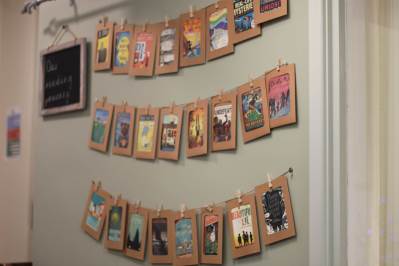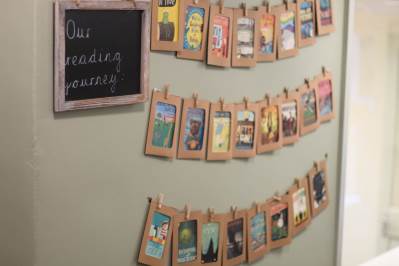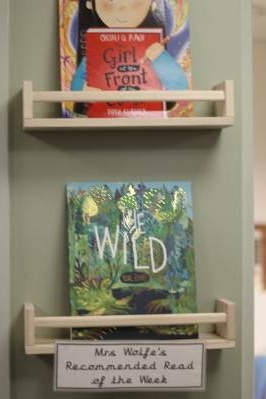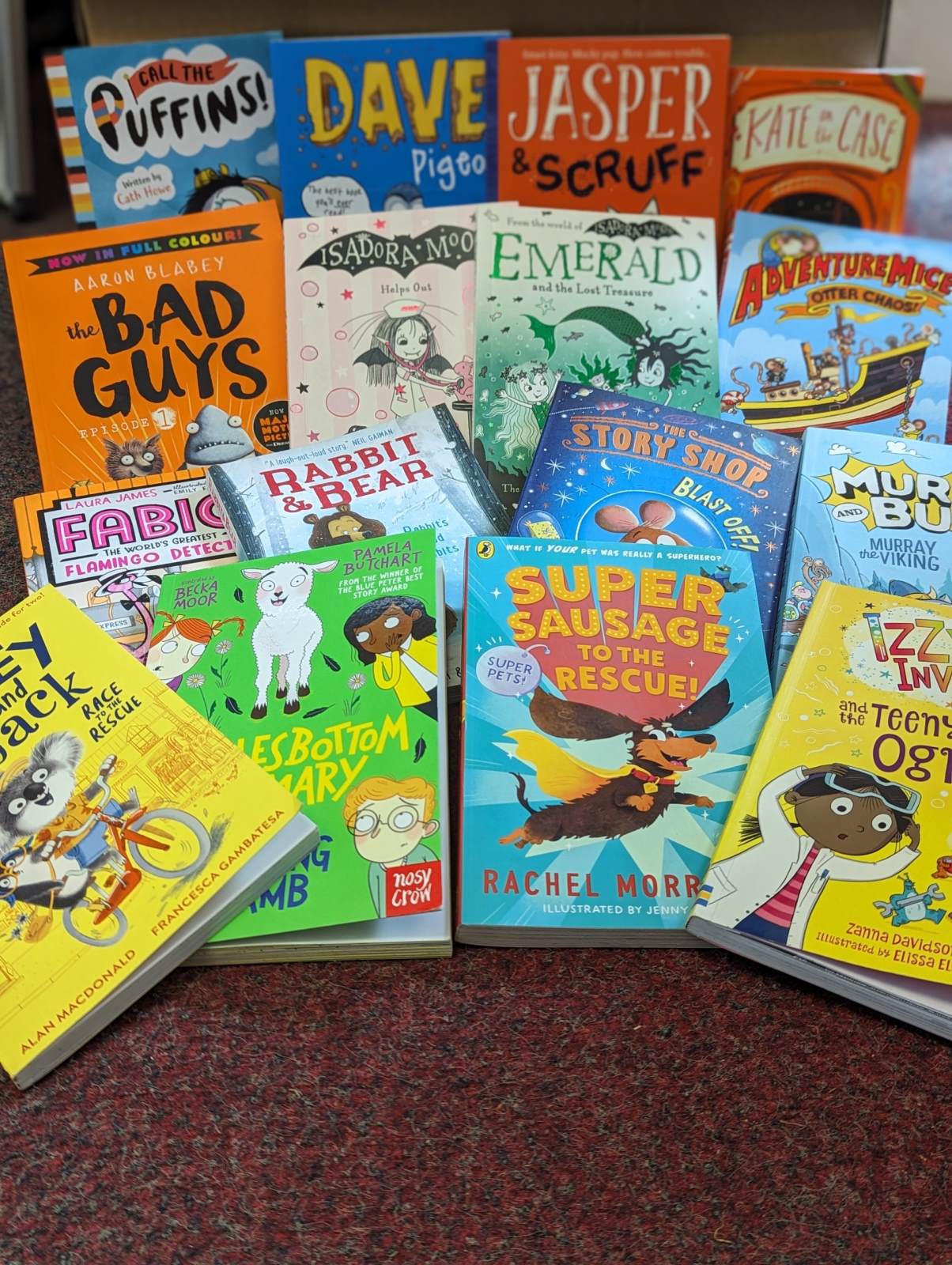 Exciting new reads in Merlin Class!
Exciting new reads in Merlin Class!
The Importance of Reading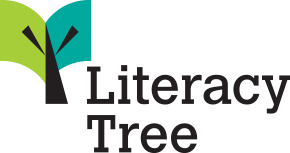
Reading at Burton Leonard
We are passionate about reading at Burton Leonard and as well as teaching our pupils to ‘Learn to Read’ we also prioritise the importance of ‘Reading for Pleasure’.
We aim for every class library in school, alongside our whole-school library, to be stocked with exciting current reads, alongside well-loved classics.
Previous research by The National Literacy Trust shows that reading for pleasure can support reading, and wider literacy, skills, wellbeing, empathy, confidence and aptitude for learning. In fact, 2024 research showed that twice as many children and young people who enjoy reading in their free time had above average reading skills than children who don’t enjoy it (34.2% vs 15.7%).
Therefore, reading for pleasure is an important mechanism to encourage reading frequency which in turn is more likely to foster and improve a child's reading skills - something which is of fundamental importance at a time when children and young people’s reading skills are cause for concern.
There are many benefits to nurturing a love of reading in a child's free time. It is a tangible way to equip children with the reading skills they need to thrive in school and beyond, as well as empower them with the chance to discover new things, both about the world around them and people and cultures they may not yet know and explore their sense of self.
Please prioritise reading at home with your child, this can be them reading to you, you reading to your child, or both reading together.
We have an incredible group of Reading Ambassadors in school, who will be in touch later in the term about how you can support reading at Burton Leonard Primary School.
Together, we can play our part to grow a generation of readers and make sure no child is left behind.
The Intent of our Reading Curriculum
Reading is at the heart of all we do here at Burton Leonard Primary School. The importance of reading is recognised and celebrated and, as the key to unlocking the rest of the academic curriculum, underpins much of what we do in school. Developing a culture where reading is at the forefront of our day-to-day teaching is established in Reception and consistently developed through to year 6 with opportunities for children to ‘read for pleasure’, both individually and with others, provided regularly. As reading engagement is strongly correlated with reading performance in an academic sense, we strive to make reading as enjoyable and purposeful as possible to ensure no child is left ‘disengaged’ with reading; our children’s passion for reading is evident in school and is something we intend to build upon. Verbal discussions based around a text are recognised as key to unlocking understanding and engagement and this is a key factor in our approach to teaching comprehension skills. By the end of year 6, we intend for our children to be fluent and passionate readers, whilst also being equipped with the skills to apply this passion to enhance their understanding across the curriculum.
Implementation
We have a variety of strategies to enable children to become lifelong readers:
- Daily guided reading sessions which take place daily in EYFS, Year 1 and Year 2 in line with our SSP (Bug Club Phonics).
- Daily whole class guided reading sessions 5 times per week from Year 2 – Year 6 using a Literary Leaf from the Literacy Tree.
- Weekly 'Book Talk' sessions in each class where children can share their favourite books, learn about new texts and explore authors.
- Timetabled daily story times in each class, so children can listen to their teacher and practise fluency and reading prosody.
- Book corners in each classroom which are full of age appropriate texts, recommended reads and books from high quality authors.
- Weekly 'Books and Buns' book club sessions for KS2
- Weekly opportunities to visit the Library supported by our wonderful Library Grannies.
- Regular opportunities for pupils to read individually to adults within school.
- Secret Storyteller in all classes
- Use of ‘Reading Spines’ and ‘Recommended Reads’ to ensure pupils have access to a range of high quality texts from a variety of genres.
- Given pupil’s ownership of the development of reading through ‘Reading Ambassadors’.
- Celebrating and encouraging a love of reading with plentiful opportunities to share and discuss what they have read.
- Access to books and texts at break-times guided by our Reading Ambassadors.
- A focus on texts which showcase inclusivity and diversity, which is key in our small village school.
- Celebration of ‘World Book Day’ with exciting and engaging activities throughout the day to celebrate a love of reading.
- Teacher's share 'Recommended Reads' on their weekly updates.
- Termly opportunities for parents/carers to come into school for our ‘Roll Up/ Roll Out and Read’ where they can enjoy reading based activities with their children.
- Author visits and author web-chats.
- We have strong links with The Little Ripon Bookshop and Gill frequently comes in to share new and exciting reads with the children.
Impact
By the time children leave Burton Leonard Primary School they are competent readers who can recommend books to their peers, have a thirst for reading a range of genres including poetry, and participate in discussions about books, including evaluating an author’s use of language and the impact this can have on the reader. They can also read books to enhance their knowledge and understanding of all subjects on the curriculum, and communicate their research to a wider audience. Primarily, they develop a love of reading and establish themselves as ‘Lifelong Readers’.
Whole Class Guided Reading
Intent
At Burton Leonard Primary School, we are committed to fostering a love for reading and enhancing literacy skills among our students. To achieve this, we implement a structured and dynamic whole class guided reading approach, utilising the Literary Leaves planning framework from the Literacy Tree. This program is designed to be taught daily, ensuring consistent and progressive development of reading abilities for students in Years 2 to 6.
We aim to:
- Cultivate a Love for Reading: Inspire children to develop a lifelong passion for reading through exposure to a diverse range of texts.
- Develop Comprehension Skills: Enhance children's ability to understand and interpret texts, focusing on key comprehension strategies.
- Expand Vocabulary: Introduce and reinforce a rich vocabulary to aid in comprehension and expressive language.
- Promote Critical Thinking: Encourage children to think critically about texts, fostering analytical and inferential skills.
- Support Fluency: Improve reading fluency, ensuring children can read with accuracy, appropriate pace, and expression.
Implementation
-
Daily Guided Reading Sessions:
- Whole class guided reading is conducted daily, ensuring regular engagement and practice.
- Each session lasts approximately 30-45 minutes, tailored to fit into the broader literacy schedule.
-
Literary Leaves Planning:
- We follow the Literary Leaves planning from the Literacy Tree, which provides a comprehensive and cohesive structure for each session.
- The program includes high-quality texts that are age-appropriate, diverse, and engaging, spanning various genres and themes which link to our writing theme.
-
Interactive Teaching Approach:
- Teachers model reading strategies, demonstrating how to approach and understand texts.
- Children engage in guided practice, where they apply strategies with teacher support.
- Opportunities for independent reading allow children to apply skills autonomously, fostering confidence and proficiency.
Impact
By implementing the Literary Leaves guided reading program, we aim to achieve measurable improvements in children's reading abilities, comprehension, and overall enthusiasm for reading. Our structured and supportive approach ensures that every child, regardless of starting point, is given the opportunity to thrive and reach their full potential as confident and skilled readers. At Burton Leonard Primary School, whole class guided reading is more than a daily activity; it is a cornerstone of our literacy education, designed to build a strong foundation for lifelong learning and success. Through the Literary Leaves planning, we provide our children with the tools and inspiration they need to become proficient and passionate readers.
Reading Displays
How can you help your child to become a lifelong reader?
Why is reading so important?
- Reading is essential for all subject areas and improves life chances.
- Positive attitudes to reading and choosing to read have academic, social and emotional benefits for children.
How children learn to read?
- Phonics is the only route to decoding.
- Learning to say the phonic sounds.
- By blending phonic sounds to read words.
- Increasing the child’s fluency in reading sounds, words and books.
Reading fully decodable books
- Children must read books consistent with their phonic knowledge.
- It is essential not to use other strategies to work out words (including guessing words, deducing meaning from pictures, grammar, context clues or whole word recognition).
- Books must be fully decodable and follow the Bug Club Phonics scheme
- Children need to read books in a progressive sequence until they can decode unfamiliar words confidently.
The role of Parents’ and Carers’
- Have a positive impact on their child’s reading.
- Should model the importance of reading practice to develop fluency.
- Children take home books they have read at school to re-read at home to build fluency.
- There are two different types of books that pupils bring home: reading practice and books to share for pleasure.
- Reading at home encourages a love of books, along with developing vocabulary and discussion.
- Parents should use voices, expression, discuss unfamiliar vocabulary, talk about the pictures, and predict what might happen next.
Supporting your child with reading
Although your child will be taught to read at school, you can have a huge impact on their reading journey by continuing their practice at home.
There are two types of reading book that your child may bring home:
- A reading practice book - This will be at the correct phonic stage for your child. They should be able to read this fluently and independently. Your teacher will also give you a lower level book, possibly one that your child has read before and feels more confident with, to help develop confidence and fluency.
- A 'Reading for Pleasure' book - Your child will not be able to read this on their own. This book is for you both to read and enjoy together.
Reading practice book
This book has been carefully matched to your child’s current reading level. If your child is reading it with little help, please don’t worry that it’s too easy – your child needs to develop fluency and confidence in reading.
Listen to them read the book. Remember to give them lots of praise – celebrate their success! If they can’t read a word, read it to them. After they have finished, talk about the book together.
A 'Reading for Pleasure' book
In order to encourage your child to become a lifelong reader, it is important that they learn to read for pleasure. The sharing book is a book they have chosen for you to enjoy together.
Please remember that you shouldn’t expect your child to read this alone. Read it to or with them. Discuss the pictures, enjoy the story, predict what might happen next, use different voices for the characters, explore the facts in a non-fiction book. The main thing is that you have fun!

